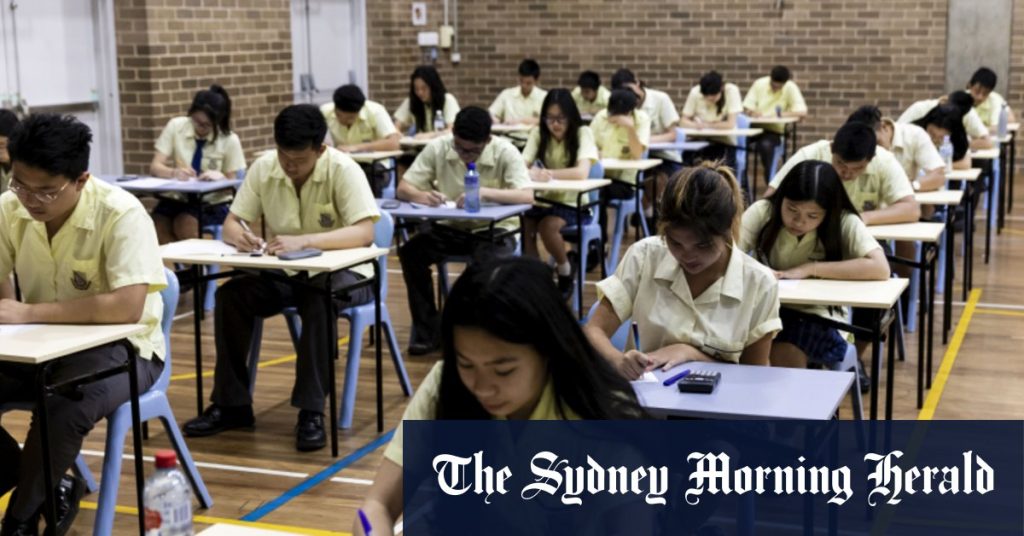Some students are spending up to two years in intensive after-school tutoring classes to prepare for the selective school test, with parents reportedly investing up to $20,000 in coaching. The Department of Education in Australia will be running a computer-based test pilot with about 1400 students in June, in testing centers in Sydney, Newcastle, and Bathurst. Additionally, a practice test environment will be available to help students prepare for the computer-based placement tests later in the year. Janison will be partnering with Cambridge Assessments for the first online selective school and opportunity class tests in 2025.
Australian Tutoring Association CEO Mohan Dhall stated that coaching colleges are investing tens of thousands of dollars in adapting paper-based resources to an online format in preparation for the switch. However, he expressed concerns about the difficulty of replicating quality online tests that effectively measure critical thinking. Dhall also noted the rising trend of selective school applications for the sixth consecutive year without a corresponding increase in available places, attributing this to the perceived pathway to success and HSC rankings of selective schools.
Moving online will allow test providers to track how long students spend on each question and potentially identify the least coachable question types. The speed at which tests can be marked and results returned is also seen as a benefit of the transition to digital testing. University of NSW researcher Professor Jae Jung, an expert in gifted education, acknowledged reservations about digital tests, such as concerns about cheating and advantages for tech-savvy students. However, he noted that the move to online testing is inevitable following the shift of NAPLAN to an online format in 2022.
With an additional 5500 students now sitting the selective school tests compared to a decade ago, Professor Jung suggested that education officials should consider whether universal screening would be a more effective means of testing or entry. He emphasized the need to address the increasingly hyper-competitive environment surrounding selective school admissions and the true goals of education. Despite reservations about potential challenges and advantages of digital testing, the move to online assessments appears to be an inevitable trend in education, following the example of the transition of national standardized tests like NAPLAN. As the education system navigates these changes, considerations regarding the fairness and effectiveness of testing methods will be crucial to ensure equal opportunities for all students.


